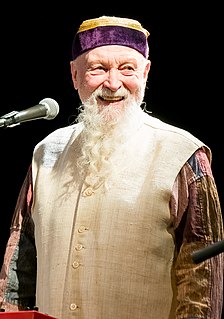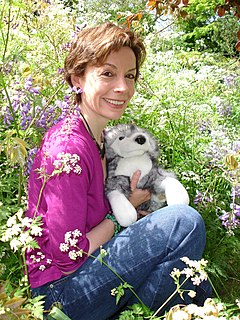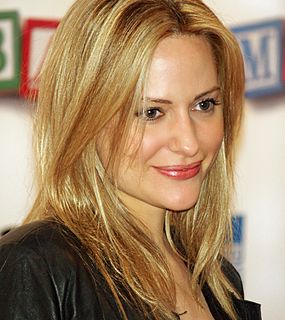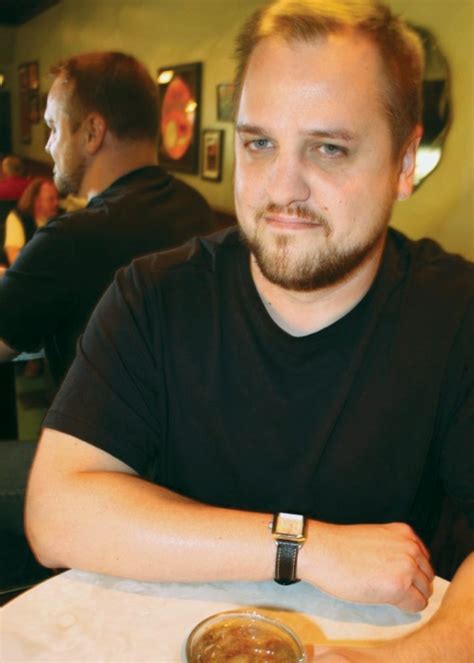A Quote by Hunter S. Thompson
I haven't found a drug yet that can get you anywhere near as high as a sitting at a desk writing, trying to imagine a story no matter how bizarre it is, [or] going out and getting into the weirdness of reality and doing a little time on the Proud Highway.
Related Quotes
Before I studied story, I was trying to write a novel, and it was terrible. It wasn't going anywhere, and I couldn't figure out what I was trying to do. It was really hard; much harder than I thought it was going to be. Now that I've studied story, I think I'd have a different approach and maybe I could actually get it done.
I was thinking how amazing it was that the world contained so many lives. Out in these streets people were embroiled in a thousand different matters, money problems, love problems, school problems. People were falling in love, getting married, going to drug rehab, learning how to ice-skate, getting bifocals, studying for exams, trying on clothes, getting their hair-cut and getting born. And in some houses people were getting old and sick and were dying, leaving others to grieve. It was happening all the time, unnoticed, and it was the thing that really mattered.
Yes, I get dry spells. Sometimes I can't turn out a thing for three months. When one of those spells comes on I quit trying to work and go out and see something of life. You can't write a story that's got any life in it by sitting at a writing table and thinking. You've got to get out into the streets, into the crowds, talk with people, and feel the rush and throb of real life-that's the stimulant for a story writer.
There was a sergeant at a desk. I knew he was a sergeant because I recognized the marks on his uniform, and I knew it was a desk because it's always a desk. There's always someone at a desk, except when it's a table that functions as a desk. You sit behind a desk, and everyone knows you're supposed to be there, and that you're doing something that involves your brain. It's an odd, special kind of importance. I think everyone should get a desk; you can sit behind it when you feel like you don't matter.
This is going to sound nuts but it took me forever to figure out why I'd stopped writing poetry - I mean, I went about a decade where I wrote very little poetry and I thought it was because I was doing a weekly blog. And then when we moved, I reconfigured my writing desk. The previous one had had very little space to write by hand. And suddenly, the poetry was gushing!
Writing keeps me at my desk, constantly trying to write a perfect sentence. It is a great privilege to make one's living from writing sentences. The sentence is the greatest invention of civilization. To sit all day long assembling these extraordinary strings of words is a marvelous thing. I couldn't ask for anything better. It's as near to godliness as I can get.
The good thing about life is that you can research anywhere you are. I'm just constantly gathering little bits of information all the time. I'm always grabbing something out of the headlines, out of the news or reading a book about astronomy and just trying to figure out how to get my head around the facts but the bigger stress is trying to connect those facts to normal life situations and our relationship with God.
I'll get rid of the drug problem. The first drug dealer will be publicly executed in front of everybody and all of the sudden the rest of the drug dealers are going to go "Uh oh!" Watch how fast the drug problem disappears. If you use drugs, you're addicted and you steal something, you'll get sent off to the outback and to work camps and all of the sudden no drug addicts. See how simple that is? So simple.
You're in a movie, so you have to think about how something plays. It's not like you're thinking about how an audience is going to react. You're trying to present the story. You're trying to illuminate the lives of these people in the story. So I'm thinking about how my behavior as this character best illuminates what's going on with them in this moment in time. I always say it's sort of the director's job. People think that the directors direct actors. No. Really, what the director's doing is directing the audience's eye through the film.

































